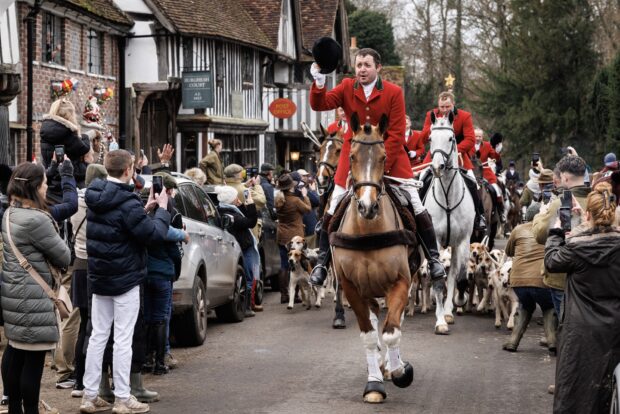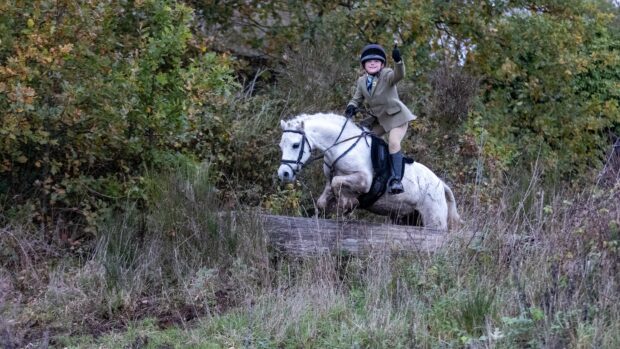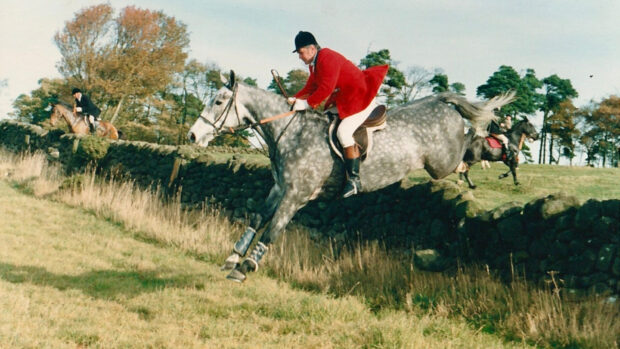Kennels and knacker yards countrywide are poised to take part in the government’s Fallen Stock Scheme, as DEFRA insists that hunt kennels could pursue a “business opportunity” in the disposal of fallen stock if hunting is banned.
Hunt kennels will form at least half of the country’s 160-plus government-approved disposal premises under the scheme, which was due to start this month but has been beset by delays.
Echoing comments by rural affairs minister Alun Michael in the Commons, DEFRA spokesman Tony McDougal says: “There should be a business opportunity for hunt kennels, which have upgraded to knacker yard standards, to continue to provide a disposal service for farmers in the event of a ban on hunting.
“A ban on hunting could have implications for the disposal of fallen stock in some areas, but by no means all. The knacker industry has assured us that it has sufficient resources to collect material throughout Britain.”
Since 1 May last year, on-farm burial of dead livestock and horses has been illegal. Under the Fallen Stock Scheme, farmers pay an annual fee, depending on how many animals they keep, to have fallen stock collected by approved collectors — hunts or or knackermen. The government pays collectors per carcass.
Many kennels have invested in modifications to their premises to be approved, and have signed up so they can carry on helping farmers.
However, with lambs, calves and chickens expected to fetch as little as 75p each, the cost-effectiveness of collecting individual carcasses across a large area would be highly compromised if the number of approved premises were to fall dramatically — as it would in the event of a ban on hunting.
Barney Kay, meat industry advisor for the National Farmers’ Union (NFU), who has been involved in discussions about fallen stock with DEFRA for two years, says: “I would be exceptionally surprised if hunts wanted to take up this ‘opportunity’ if hunting is banned. Their main business is hounds for the purpose of hunting. Hunts are a very important part of the disposal process, and the NFU is very keen to ensure their survival.”
Meanwhile discussions are still taking place on how other animals such as horses and fish fit into the scheme.
Annie Dodd, secretary of the British Horse Industry Confederation (BHIC), says: “Horses will be able to use the scheme, however, it would not be suitable for many horse owners, because not many — perhaps just a few large trainers and studs — are on a big enough scale to be worthwhile. It hasn’t been decided how much to charge for registration, or what size of business could take part.”
For more information on the Fallen Stock Scheme, visit the DEFRA website at:www.defra.gov.uk/animalh/by-prods/fallen/fallen.htm
|
||
 |
||


 Get up to 19 issues FREE
Get up to 19 issues FREE TO SUBSCRIBE
TO SUBSCRIBE 


